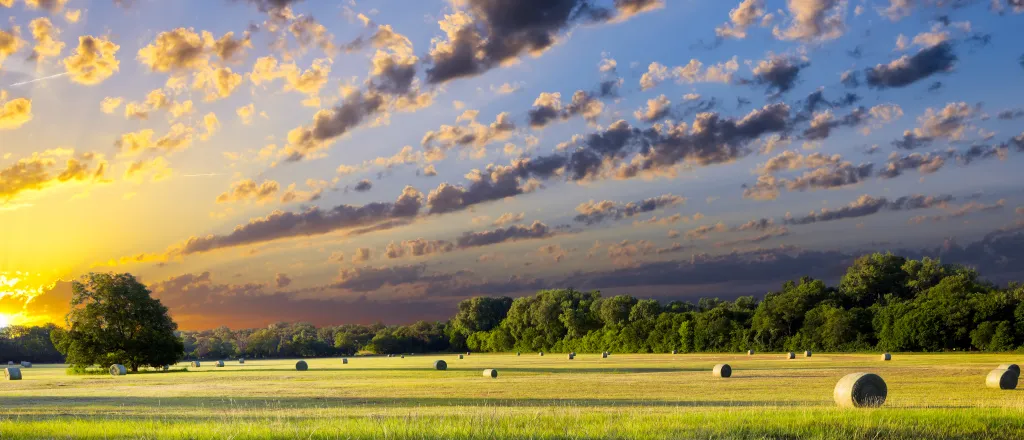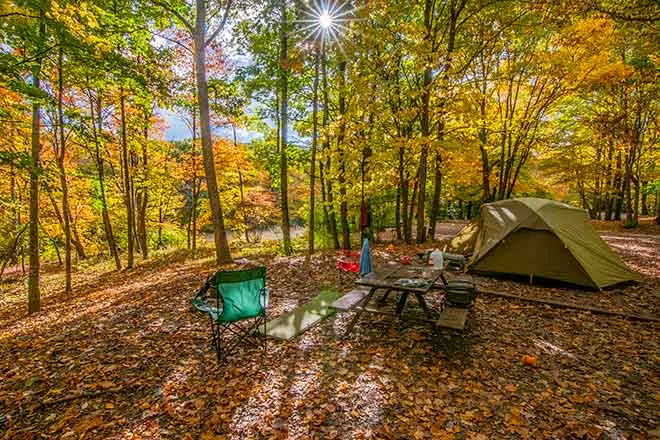
The Yonder Report: News from rural America - October 2, 2025
© Dean_Fikar - iStock-503150251
News from rural America.
Iowans urge Congress to defeat legislation meant to prohibit lawsuits against chemical companies when their products cause cancer, Texas aims to help those in residential care facilities survive extreme weather events while other states turn to 'resilience hubs' for natural disaster support.
TRANSCRIPT
For the Daily Yonder and Public News Service, this is the news from rural America.
An Iowa advocacy group is fighting legislation that would give pesticide companies legal immunity when their products cause cancer.
Ava Owen-Ryan with Iowa Citizens for Community Improvement says they want to stop the so-called Cancer Gag Act, a bill in Congress to shield pesticide manufacturers such as its packer Bayer, formerly Monsanto.
She says aversion passed the Iowa Senate twice, leaving some in the Hawkeye State wondering just who lawmakers represent.
So are they working for Iowans and their constituents, or are they working for multinational chemical manufacturers like Bayer?
The state bill effectively died when it stalled in the Iowa House after objections from farm communities.
Owen Ryan says Congress should protect Iowans' right to sue if ag chemicals make them sick.
And that decision should be left up to the judges, not a blanket decision made by elected officials.
A Texas energy initiative could save the lives of older folks when extreme weather hits.
Anya Slepian reports.
Research shows that floods, heat waves, and winter storms disproportionately hit rural communities.
And for older adults living in long-term residential care, water and power outages during extreme weather can be deadly.
Andrea Earle is with Texas AARP.
We talk about individuals that are needing oxygen or some of these medically life-saving equipment, that's a huge risk there.
The Texas Legislature has allocated almost $2 billion for the Texas Backup Power Package, a program to develop alternative power sources, like generators and batteries, for critical facilities.
I see huge potential for this package.
This fund is critical to this cause and to these individuals.
I'm Anya Slepyan.
At the same time, rural communities are creating resilience hubs as the first line of defense against natural disasters.
For the 2400 folks in Superior, Arizona, Leo's Community Development Center hosts monthly workshops on emergency preparedness since a government response can take days or weeks.
Austin Counts with Appalachian Voices says the community lighthouse project in New Orleans was one of the first to adopt that approach.
They really at a national stage have highlighted this opportunity for communities to take resilience into their own hands.
Hubs can mean a mobile solar energy source, or a central building able to keep the community fed, or even a community center offering year-round services.
Counts says when neighbors are the real first responders, thinking ahead is vital.
One solution does not work for every single community, and you really have to go in and listen to a specific community before you know what are the resources they need from the hub.
For the Daily Yonder and Public News Service, I'm Roz Brown.
For more rural stories, visit dailyyonder.com.

















